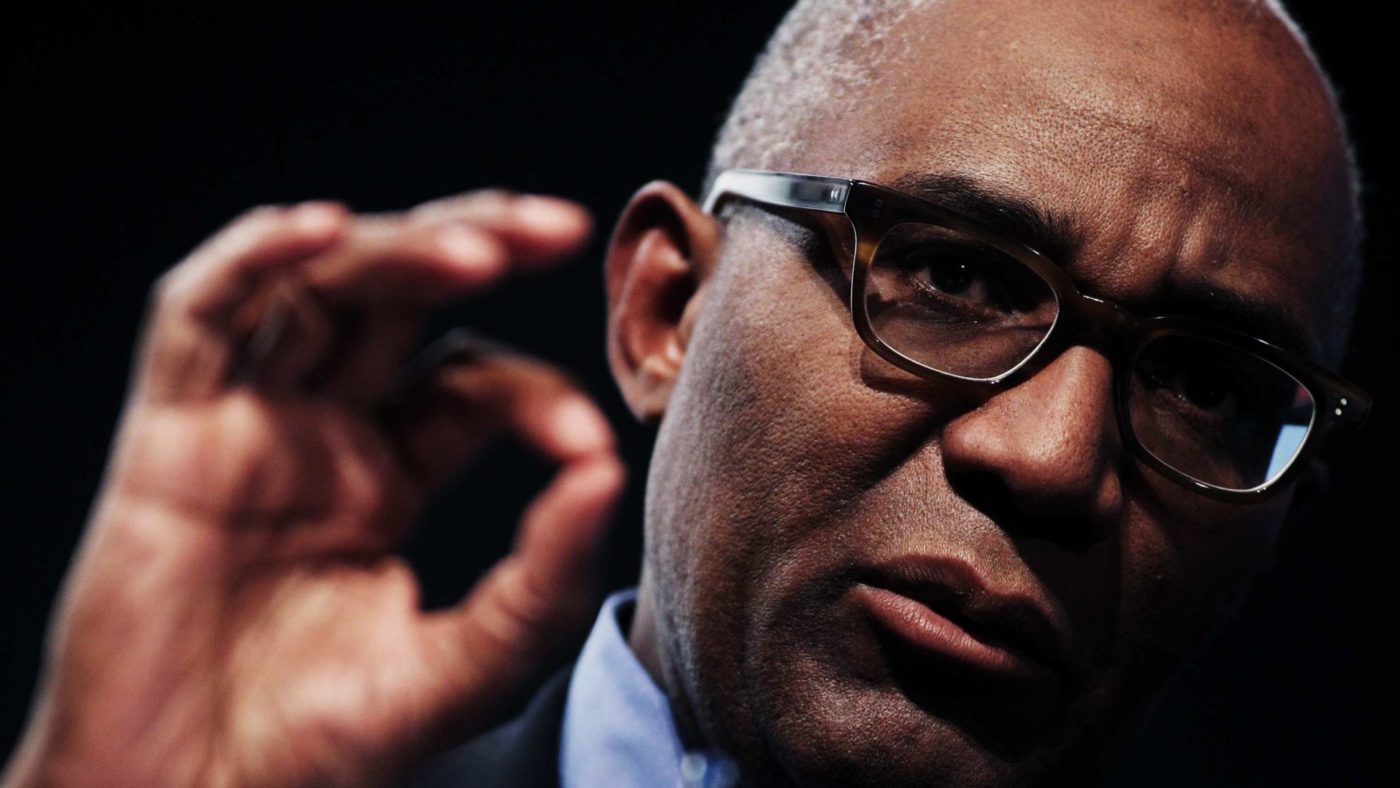It is difficult to tell whether the Labour leadership contest feels insignificant because of the mediocrity of the candidates or the wider shambles that is the party. The latest episode – or more accurately, the latest ‘Wtf?’ moment – involves the suspension (pending potential expulsion) of the former head of the equalities watchdog, Trevor Phillips, for ‘Islamophobia’.
To be clear, I find some of the things that Phillips has said in the past ‘problematic’, in that rather annoying contemporary phrase. Much of the left-wing hostility towards him goes back to a 2016 documentary he made called ‘What British Muslims Really Think’. In the documentary Phillips claimed that Muslims were becoming a “nation within a nation”, and that “the integration of Muslims will probably be the hardest task we’ve ever faced”.
I found both claims hyperbolic and unfounded. But I don’t think it should be off-limits to discuss the issues that Phillips raised in the documentary. For one thing, there are genuine tensions around the integration of religious communities into British life. There is a dominant strand of religious conservatism among British Muslims and I don’t believe it should be forbidden to point this out, nor to ask what it might mean for contemporary liberalism.
For example, it would be silly to sweep the row in Birmingham over LGBT inclusion in schools under the carpet, on the basis that drawing attention to it ‘gives ammunition to the far-right’, acts as a ‘dog whistle’ or ‘throws Muslims under a bus’ – brain-rotting clichés that have become ubiquitous on the left in recent times.
Indeed, the opposite is arguably true: by not at least taking note of a conservatism among some Muslims that is at odds with liberal tolerance, we risk empowering the far-right, which will not mince its words.
The ICM/Channel 4 polling that Phillips used to make many of his arguments back in 2016 showed conservative and conspiratorial inclinations among some Muslims that liberals ought to find worrying. For instance just 18% of British Muslims polled believed that homosexuality should be legal. Meanwhile, 38% believed that “Jewish people have too much power in Britain”.
The findings were duly picked up by the far-right and bandied around as evidence that Islam is incompatible with the British way of life. This was partly the fault of the way in which some of the information in the documentary was presented. As Kenan Malik wrote at the time:
“What is difficult to argue from the figures is, as Trevor Phillips claims, that the social conservatism of Muslims is linked to a lack of integration. When asked ‘How strongly do you feel you belong to Britain?’, 86% of Muslims did compared to 83% of the general population. A higher proportion of the general population (17%) felt little attachment to Britain as compared to Muslims (11%).”
Yet to call on this basis for Phillips’ expulsion from the Labour Party is, as the Labour MP Khalid Mahmood has put it, “outlandish”.
Not least because others have said far worse than Trevor Phillips and remained card-carrying members of the Labour Party. Notably, Phillips’ credentials as a ‘lifelong opponent of racism and prejudice’ appear not to be a sufficient defence of his statements about Muslims – despite this being deployed as the standard retort for the past five years whenever Jeremy Corbyn’s own associations with racists and bigots have been pointed out. As CapX’s editor-in-chief Robert Colvile noted on Twitter:
“Things that don’t get you expelled from the Labour Party: hosting IRA, Hamas, Hezbollah in parliament; sharing platforms with antisemites; picketing trial of Brighton Bomber; etc etc. Things that do get you expelled from the Labour Party: being Trevor Phillips.”
But then, the Labour Party is whipping itself into an intolerant fervour over this because of the weakness of the movement. We see this too in attempts to throw out others who have deviated from the accepted ‘line’. Heresy hunts of this sort are usually a consequence of absolute power or absolute impotence. In Labour’s case it is the latter. Nobody outside of the party believes that Labour is in a fit state to govern the country and few believe that it is capable of winning an election anytime soon.
And so activists luxuriate in the pleasure of the heresy hunt; my own expulsion from the party a few weeks ago (I voted Liberal Democrat at the 2019 European elections) was greeted with glee by the cultural editor of Tribune magazine, despite the fact that I had been a member of the Labour Party for 16 years.
Phillips responded to his suspension by saying that he was “surprised that what is and always has been an open and democratic party decides that its members cannot have a healthy debate about how we address differences of values and outlook”.
That may have been true for a time, but ‘open’, ‘democratic’ and ‘healthy debate’ are not words I would associate with the dominant currents on the contemporary left. This is a sad and unfortunate turn of events but it is where we are. The attempt to label everything one doesn’t wish to discuss a ‘phobia’ is merely the latest manifestation of this trend; Phillips is merely its latest victim.
Click here to subscribe to our daily briefing – the best pieces from CapX and across the web.
CapX depends on the generosity of its readers. If you value what we do, please consider making a donation.


